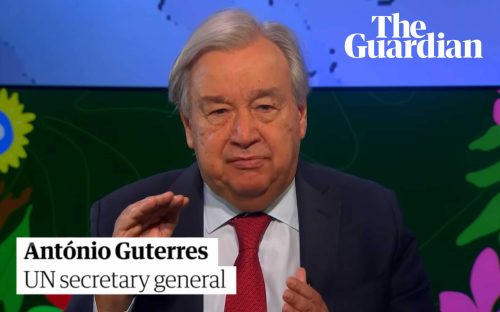Follow This pauses climate resolutions
Dilligent | Interview Mark van Baal. Follow This has taken the strategic decision to step back from advancing climate resolutions at oil majors this season stating that doing so could be counterproductive given the pro-fossil political climate.
Can you expand on what drove this change in approach?
We have decided to pause resolutions for a year, but all our other activities are still there. We still remain the most important counter shareholder voice of the oil and gas industry.
However, we decided that in the current times, filing another resolution with the risk of a slightly lower vote than last year would be counterproductive. We had 20% of the votes in Shell for three years in a row and that’s despite all the divestments. It’s one in five of shareholders and we think there is potential to get that to four in five.
We have evidence that in 2021 we had majorities in the U.S. – we had 80% at Phillips 66 and w e had around 60% at Conoco Phillips. The potential is there but investors have become very hesitant in the last few years, so it’s very difficult to get that one in five. Every time the votes go up, the ambitions of the old majors go up. But when the votes go down, they scale down or they even scrap ambitions like Shell and BP did recently.
[…]Follow This has cited a “double challenge” faced by investors and the proponents who are working to put climate on the agenda. What are the key obstacles?
Specifically in the U.S., we have a pro fossil fuel government and an SEC with management appointed by Trump which is also curbing shareholder rights like in the first Trump term when we also didn’t get our resolutions on the ballot.
The SEC has also published bulletins where they discourage shareholder action and shareholders talking with companies so it’s really an attack on shareholder democracy. So, all of these factors make investors hesitate to co-file and hesitate to vote.
Then there are states in the U.S. that are suing some large investors for even considering climate. It is their role because climate risk is financial risk and on top of that, it’s also the fiduciary duty of an investor to make sure the company doesn’t make decisions that jeopardize its future such as by continuing to invest in oil and gas. You will end up with stranded assets and you will have to pay for the cost of climate damage.
[…]Looking forward to 2026 and beyond, is Follow This hoping to return to craft climate resolutions?
Yes, we will go back as soon as investors are ready to put more pressure on the oil and gas companies. This year is a very uncertain year given the business, political and legal climate.
As soon as we know that we can increase the pressure to get them moving in the other direction again, then we will be back with a resolution or with other means. It’s not that we are married to the resolution method. Our mission remains the same. It’s to empower shareholders to compel Big Oil to reduce emissions to tackle the climate crisis. We still think that the shareholder resolutions are the best way to do that. But if there are other ways, then we will use them.
This article first appeared on Diligent Market Intelligence’s Voting newswire.










